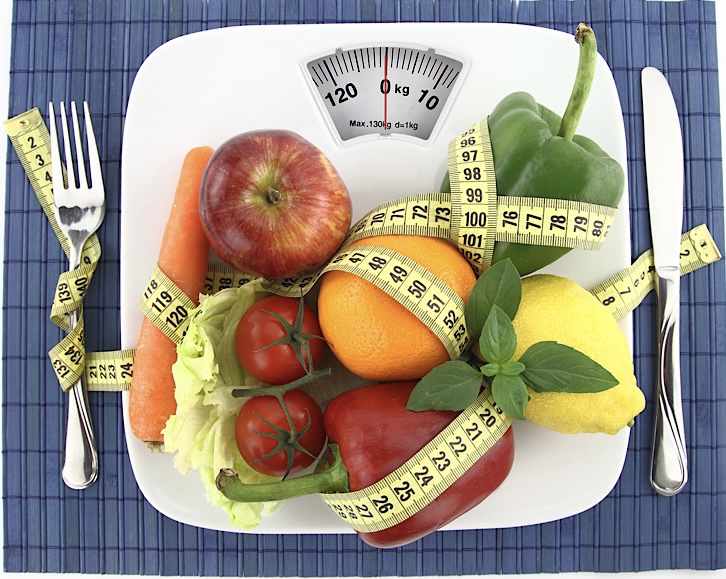Folic acid, also known as folate, is an essential vitamin that can support pregnancy by helping to prevent birth defects. Although available in a varied diet, most women who are trying to become pregnant can suffer from a folic acid deficiency.
Folic acid helps to regulate red blood cell production and prevent folate-deficiency anemia. It’s one of the essential building blocks of cells, and it is scientifically accepted that supplementing with folic acid can prevent neural tube defects.
When Should You Start Taking Folic Acid?
Folic acid is used to create the neural tube in a developing fetus. This occurs very early on in development. Neural defects develop around four weeks after conception, which is before most women know that they are pregnant. With almost half of all pregnancies in the United States and other developed nations being unplanned, the CDC (Centers for Disease Control and Prevention) recommends that all women of reproductive age should have at least 400 mcg of folic acid each day [1].
Whether you’re actively trying for a baby or if you’re sexually active and not taking birth control, you can safely take between 400 and 800 mcg per day. Folic acid can be taken safely throughout pregnancy in most cases, but it’s important to consult with a physician to determine the exact supplement dosage that is right for you.
Why Can’t You Get Folic Acid Through Your Diet?
You’re ready to begin your journey towards motherhood and you want to be as healthy as possible. If you’re like many women hoping to become mothers, you will also want to make sure that your diet is as natural as it can be.
Many of the vitamins and minerals that you need can come from your diet, but it’s difficult to get the recommended dosage of folic acid from food and beverages alone.
Some foods labeled as ‘enriched’ contain folic acid in small amounts. Typical options include enriched bread, pasta, breakfast cereals, and other grain-based foods. Unfortunately, the folate in these foods can be broken down with heat during cooking, which will reduce how much of the usable vitamin is actually absorbed into your body.
Supplementation is the safest and most effective way to get the recommended daily intake of folic acid. It’s also much easier to take a supplement than it is to consume specific foods with varying levels of folate inside.
Risk Factors That Increase Your Need for Folic Acid Supplementation
In some cases, the recommended dose could be higher than 400 mcg.
- If you’re diabetic, your baby will have an increased risk of developing a neural tube defect. Your healthcare provider will be able to recommend a safe dosage for your unique scenario.
- If you become pregnant with twins, you may need to take more of a folic acid supplement to ensure that both growing babies get the nutrition that they need. A healthcare professional will usually recommend a doubled dose in this case.
- If you’re already a mother and one of your children was born with a neural tube defect, you may need to take up to 4,000 mcg of folic acid per day when trying for a baby, and then for the first three months of pregnancy. This will greatly reduce the risk of having another child with a neural tube defect.
Supplements Can Support the Health of Your Baby
There’s some confusion surrounding supplements, with mixed reports on their efficacy and safety. Folic acid is fairly unique because it is supported by strong scientific evidence and the recommendations of healthcare providers and regulators.
Folic acid is essential for many women before and during pregnancy. Talk to your physician for a clear supplementation plan. The right dosage of folic acid will support you and your baby before and during the pregnancy, giving your child the best start at life.
Resources and References:
1. https://www.cdc.gov/ncbddd/folicacid/about.html Centers for Disease Control and Prevention: Folic Acid.
META: Folic acid is one of the most widely studied and safest supplements for women who are pregnant or trying for a baby. Find out how folate can support your baby’s health.




No Comments